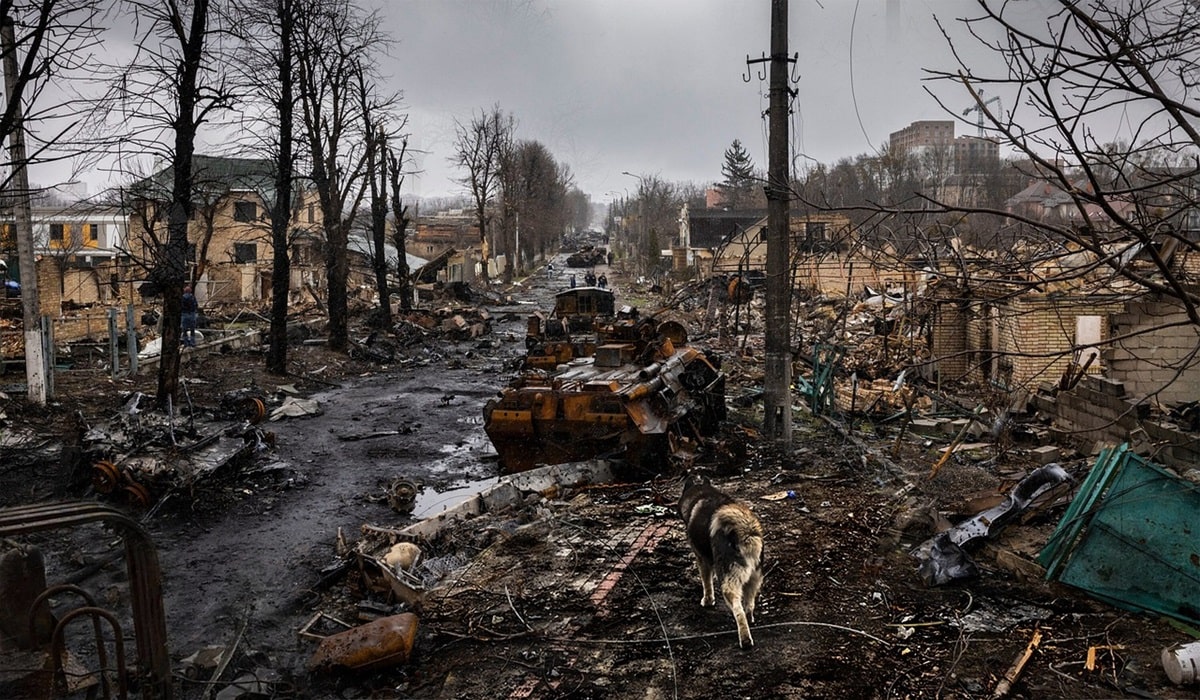Poilievre’s Call For A Blue Seal Standardized Medical Testing, Is Long Overdue
- TDS News
- Breaking News
- March 20, 2023

Over the weekend, the leader of the opposition, Pierre Poilievre, suggested implementing a national testing program similar to the Red Seal industry to assess the skills of medical professionals from other countries and provinces if the PC’s forms government in the next election. Poilievre’s “Blue Seal” idea has been long overdue and can potentially ease the strain on the Canadian healthcare system.
“If you’re a doctor, you shouldn’t be riding a taxi.” Said, Pierre Poilievre
There are approximately 34,000 nurses and 19,000 doctors trained abroad residing in Canada who are unable to practice their profession due to the lack of a standardized national test. This is unacceptable, especially since Canada often consults with leading medical experts and sends patients out of the country for specialized surgeries. It is hypocritical that trained doctors and medical officials are not good enough to practice in Canada.
The Royal Canadian College of Physicians website states that the Royal College does not grant licenses to practice, and each province and territory has a medical regulatory authority that sets licensing criteria. However, if the government adopted a standardized national test to align all universities with the same teachings and ensure that medical professionals are qualified to practice, it would be a great step towards addressing the doctor and nurse shortage.
Poilievre’s idea of a “Blue Seal” can potentially address Canada’s medical professionals shortage. A “Blue Seal” would ensure that all medical professionals are qualified to practice in Canada and have a standardized set of skills. The Red Seal industry has proven to be successful in Canada, and the same approach can be applied to the medical field.
The benefits of a “Blue Seal” are numerous. First, it would ensure that all medical professionals have the necessary qualifications to practice in Canada, reducing the number of unlicensed medical professionals. This would lead to a safer healthcare system and better patient care.
Second, a “Blue Seal” would ensure that all medical professionals have a standardized set of skills. This would ensure that patients receive the same level of care regardless of the medical professional they see. This would also improve the quality of healthcare in Canada.
Third, a “Blue Seal” would ease the strain on the Canadian healthcare system by allowing more medical professionals to practice in Canada. This would address the shortage of medical professionals and improve Canadians’ healthcare access.
There are potential challenges to implementing a “Blue Seal.” One challenge is the cost of developing and administering the test. However, the benefits of a “Blue Seal” outweigh the costs in the long run.
Another challenge is the potential for bias in the testing process. The test must be designed to be fair and unbiased to ensure that all medical professionals have an equal chance of passing while addressing any language barriers. And although there are potential challenges to implementing a “Blue Seal,” the benefits outweigh the costs in the long run.








